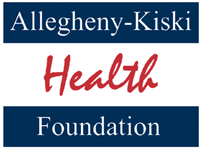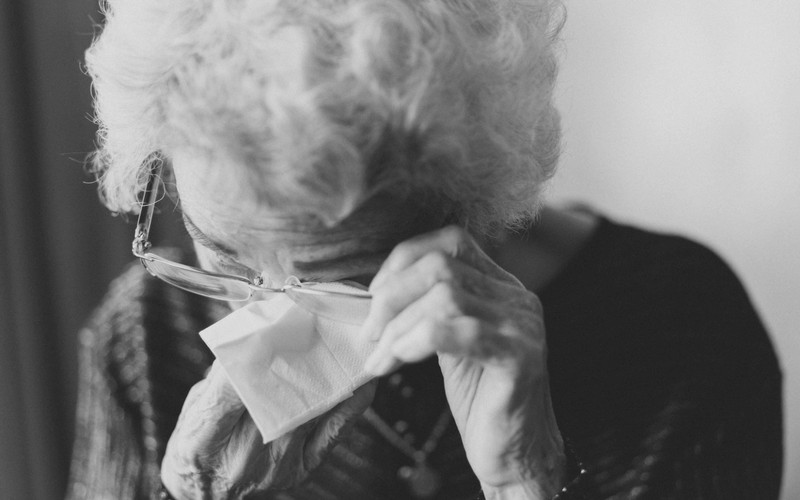Studies show that one in ten Americans aged 60 and over will experience some type of elder abuse while being cared for at home or in nursing or residential facilities. Until this past year, there have been no federal regulations that cover home-health workers, which has only further contributed to this growing concern.
Ultimately, the goal is to stop elder abuse before it starts. If an elder friend or family member is in your care or in the care of a nursing home, read up on these four impactful ways you can help to prevent elder abuse.
1. Listen to Elders
Don’t underestimate the importance of listening to what your elderly loved ones are telling you. Remember that not all abuse is physical, and the only signs of emotional or financial abuse may be lurking beneath what your elder has to say about their caregiver. If you suspect any signs of physical, emotional, sexual, or financial abuse, report the incident to Adult Protective Services.
2. Learn the Signs of Elder Abuse
Knowing what to look for is half the battle when trying to prevent elder abuse. Some of the most common signs include:
- Rapid weight loss or weight gain
- Unexplained injuries
- Signs of neglect like bed sores, dehydration, and poor hygiene
- Sudden unusual behavior
- Emotional or social withdrawal
- Frequent unexplained illness
3. Get Help from Friends and Family
If you’re taking care of an elderly family member yourself, try to enlist as much help from friends and family members as you can. This can be a full-time job, in addition to all of your other daily responsibilities, so avoid putting yourself in a position where you feel isolated and overwhelmed.
Take a break every once in a while, even if just for an hour or two, so that your own mental and physical health don’t suffer as a result of your position as a caretaker.
4. Know Where to Turn for Help
Have a list of resources readily available if an elderly family member is in your care or at a nursing home or residential facility. Below are just a few helpful resources to have on file:
- Elder Abuse Helplines and Hotlines — 800-677-1116 and 911
- National Center on Elder Abuse — www.ncea.aoa.gov
- National Institute on Aging — www.nia.nih.gov
You can also take a look at our events page, where you’ll find two separate FREE seminars on elder law for seniors and caregivers coming up.






